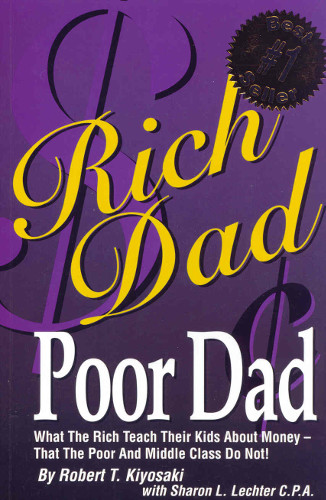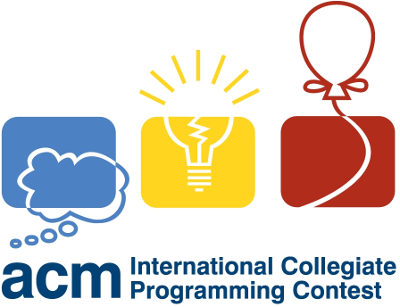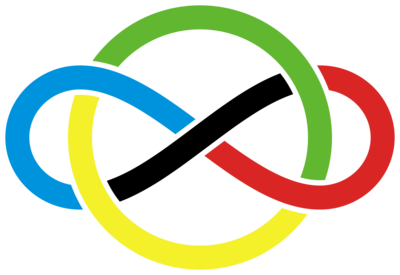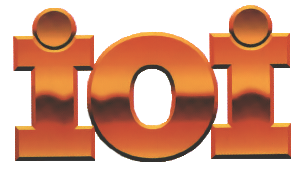
While travelling in India in December, I stumbled upon Rich Dad Poor Dad by Robert Kiyosaki. I read it cover to cover in a few days, taking notes while discussing a lot with Christina and the kids. The book is an eye-opener on a number of bad habits or beliefs we all have:
- Rich Dad Scam #1: Higher Education
- Rich Dad Scam #2: Get a Job
- Rich Dad Scam #3: Work Hard
- Rich Dad Scam #4: Live Below Your Means
- Rich Dad Scam #5: Save Money
- Rich Dad Scam #6: Your House is an Asset
- Rich Dad Scam #7: Get Out Of Debt
- Rich Dad Scam #8: Invest Diversely in the Long Term
Naturally, I do not agree with everything Robert Kiyosaki says but his arguments are very interesting to read and think deeply about.
Have fun!





